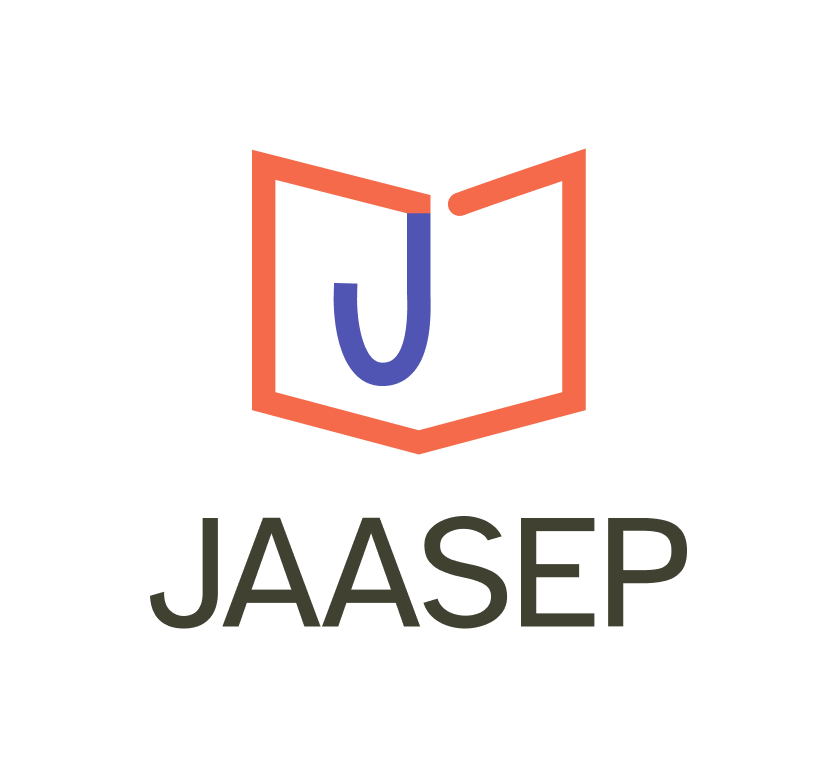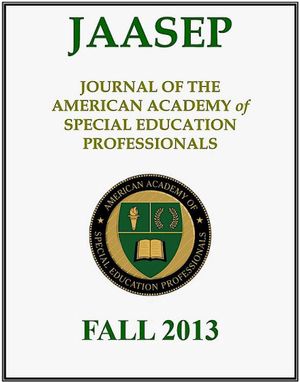$6.95
Increasing Post-secondary Readiness for Students in SPED Based on Educators Points of View
Abstract
Ready for the World? Increasing Effective Post-secondary Readiness for Students in Special Education Based on Educator and Practitioner Points-of-View
Increasing the post-secondary readiness of students is a critical focus for districts nationwide. Many schools offer college, career, and military readiness counseling (CCMR) for general education students; however, little attention to no attention is paid to the post-secondary needs of students in special education programming. Federal regulations outline parameters for transitioning students in Special Education programming beyond high school, yet standards for the post-secondary readiness of students with intellectual disabilities are inconsistent from one district to the next. Moreover, deficits in programming can also be linked to a lack of knowledge regarding community-based resources and how best to prepare transitioning students to access them. These interviews explore practitioner experiences with post-secondary readiness for students in special education based on their capacities in education and the urban community of a large city in Texas. Practitioners participated in one-on-one interviews with the researchers. All participants were asked five questions: (1) What do you do currently/what does your organization do? (2) What is your tenure in education? (3) Based on the capacity(es) you have served/are serving, how do you believe educators can better support students in navigating a multilayered system of post-secondary choices and directions (4) What post-secondary skills do you believe are critical for student success? (5) How do you believe education needs to change to prepare young people in special education for their futures? Practitioner responses to the interview questions shed light on deficits and areas of improvement for the post-secondary readiness of students in special education and recommendations for educators and families to better support students transitioning to adulthood.
Keywords: post-secondary readiness, transition, special education



